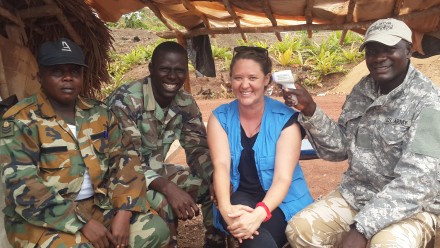1st SAFETYNET Scientific Conference
Share
The 1st SAFETYNET Scientific Conference will be held from September 12-15, 2023 in Canberra, Australia. This conference is organised by the South Asia Field Epidemiology and Technology Network (SAFETYNET), the Training Programs in Epidemiology and Public Health Interventions Network (TEPHINET), and the Australian National University (ANU).
Conference Description
The Conference provides opportunities for trainees and graduates of field epidemiology training programs (FETPs) in the Asia Pacific region to present their work before an international audience of public health practitioners through oral and poster presentations. Themed "Connecting the dots: Advancing Human, Animal and Ecosystem Health", the Conference aims to provide participants with the latest information on human, animal and environmental health as well as field epidemiology methods through plenary sessions, brown bag lunch sessions and pre-conference workshops or interactive learning sessions. The networking opportunities offered by this conference are invaluable in efforts to increase regional One Health collaboration and build the capacity of health systems in all countries and territories in the Asia Pacific region.
Agenda of the Conference is available here. For registration and more information, please visit the Conference website.
About Australian FETP
Australia’s Field Epidemiology Training Program (FETP) at ANU is an applied ‘learning-through-doing’ practitioner training program. The Australian program is TEPHINET-accredited, and part of a global network of 76 FETPs strengthening public health systems across more than 100 countries.
The Master of Applied Epidemiology (MAE) program at ANU is proud to host the inaugural SAFETYNET Conference in Canberra, Australia. Established in 1991, the MAE is Australia’s TEPHINET-accredited program and is modelled on the highly regarded Epidemic Intelligence Service (EIS) at the US Centers for Disease Control and Prevention (US-CDC).
With a strong national, international and First Nations focus, the program partners with health departments and public health institutions in Australia and the Asia Pacific region to build a more robust public health workforce.
As of June 2021, their ever-growing network comprises 63 students and 270 alums who can respond proactively and add professional surge capacity to immediate health threats.








